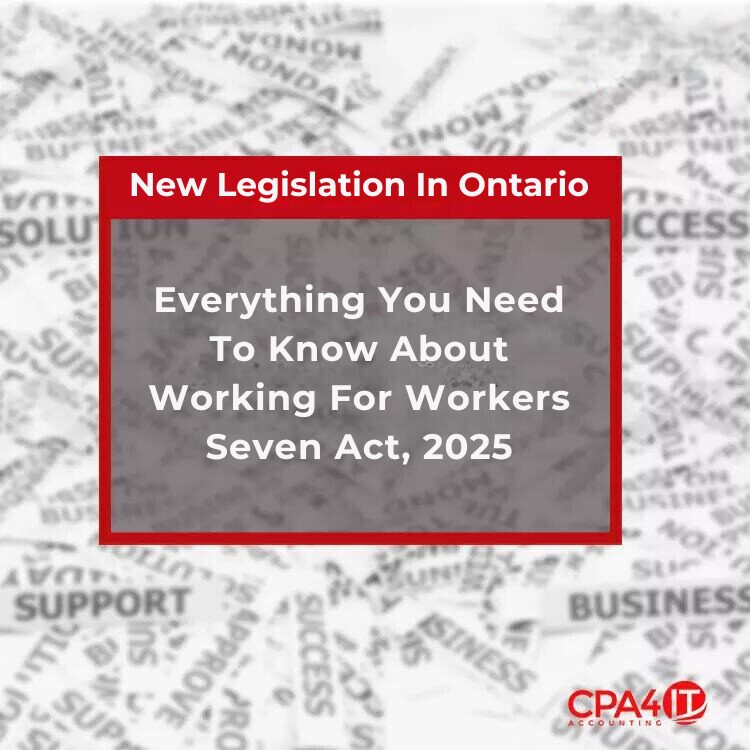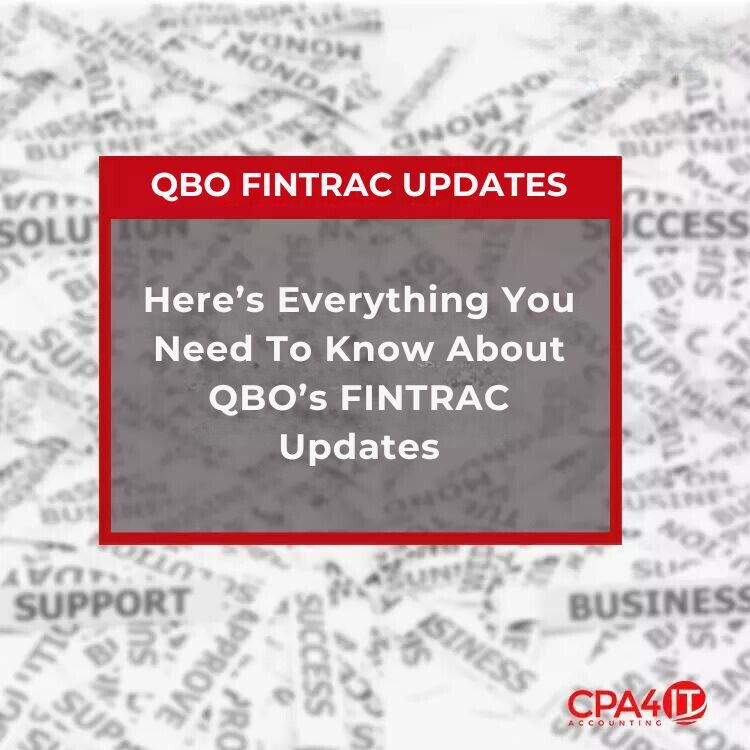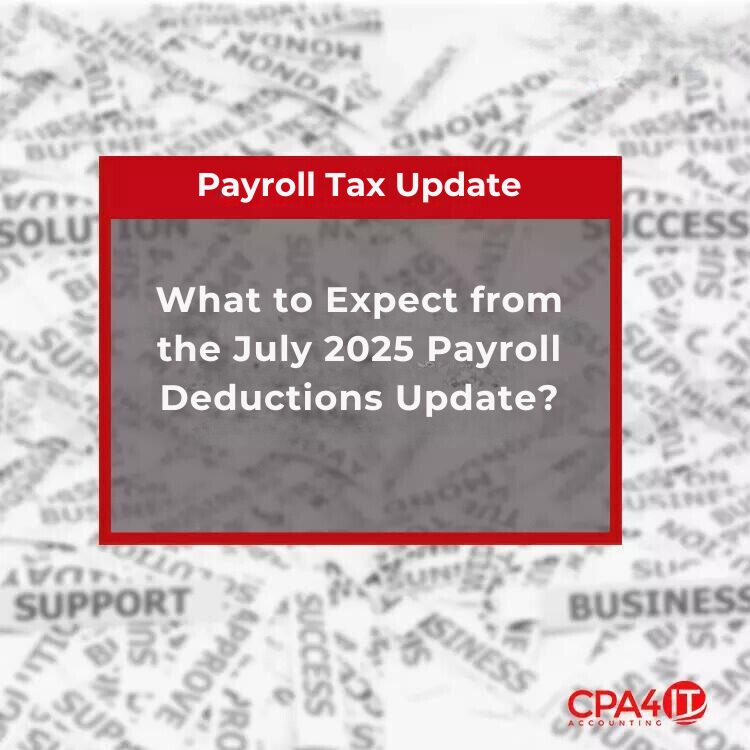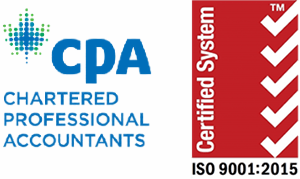Deciding Your Corporate Year-End
When does the tax year start and end? For most people in Canada, the individual tax year is January to December, and the individual personal income tax deadline is April 30. You’ll tally up the money you made between January and December and send tax filing documents off to the Canada Revenue Agency for your personal income tax filing.
However, the same rules and deadlines don’t necessarily apply to everyone, including business owners and self-employed people. Self-employed people can wait until June 15 to file, though they still need to pay by the April 30 deadline. Additionally, business owners get to pick their fiscal year-end and can also change their tax year-end if they present valid business reasons to do so.
What’s the Best Small Business Financial Year-End?
The best company financial year-end depends on your business. Choosing the year-end that’s best for your business is a crucial part of comprehensive corporate planning. When your small business is incorporated, you can select any date as long as the weeks do not exceed 53, though there are some exceptions. For instance, if a professional corporation is a member of a partnership and conducts business in Canada, it must have a calendar year-end.
Strategically deciding on reasons to change your fiscal year-end date can deliver significant tax and operational advantages. For example, you wouldn’t want your corporate year-end to coincide with your busiest time of year. If your business earns most of its revenue at the end of the year, you may not want a year-end date of Dec. 31.
You may also choose a time of year when inventory is low or when you process crucial client data. Many businesses process client data at the end of the month, so it may be most practical for your business to set a year-end date for the end of your selected month.
How Do I Determine My Fiscal Year-End?
When the tax year should end for your business depends on various factors. The following are factors to consider when choosing a financial year-end date in Canada.
Classification or Structure of Your Business
Your small business’ classification can impact what the best fiscal year-end would be for your company. Depending on whether your business is a sole proprietorship, partnership or corporation, you may want to change your year-end to a specific part of the year.
Inventory
Are you a retail business? Pick a time of year when inventory will be at its lowest and staff can count without taking time away from selling. If staff need to physically count inventory during a busy sales period like the holiday season, this will dramatically disrupt your business operations.
For example, if Christmas is your busiest time of year, you may want to choose a year-end date of Jan. 31. Your inventory and in-store activity will likely be much lower in January than December, so your staff can count, value and price inventory without sacrificing selling time. If you have a service business like landscaping, it may be best to choose a year-end after completing most of your contracts.
Tax Deferral
If you select a year-end in July or later in the year, this can allow you to defer taxes on your corporate profits. For example, if your corporate profit is $100,000, you can pay out this amount in employee bonuses to avoid paying corporate tax. Depending on when you declare the bonus and pay it, your business income tax expense may be nil, providing your company with working capital that would have otherwise gone to the CRA.
Accounting
Additionally, you may want to select a year-end that works with your company’s accounting cycle. Going with a year-end date of Dec. 31 may overwhelm internal accountants because they are focusing on tax planning and preparation for employees and budgeting for the following year. When your staff is overwhelmed and stressed, this can lead to frustration, errors and increased overtime.
If you work with a CPA, they may also not be as available as you’d like if your year-end is Dec. 31 because they are busy with tax preparation and planning for individuals. If you want to work with a CPA who can help you thoroughly analyze your company’s financial results, you may want to choose a time of year when they are not as swamped.
Startup Capital
Cash flow problems are common during startup, which leads to the need for startup capital to cover costs. If your business does very well the first year and you end up with a significant taxable income, you may want to set a year-end date a year after you incorporate your business. If you set your year-end as late as possible, you can get the maximum possible tax deferral, as you won’t need to pay quarterly or monthly installments in your company’s first year.
In your business’ second year of operation, you will need to pay quarterly or monthly installments. The amount you will need to pay for your installments will depend on your first year’s reported taxable income. Carefully selecting your year-end can help reduce your installments the following year.
Changing Your Fiscal Year-End
Business can fluctuate over the years, and you can change your tax year-end to adapt to what suits your business better now. If you want to change your year-end, you must submit your request to the CRA, and you need sound business reasons for approval. That’s why you cannot request a change to get an income tax benefit.
Keep in mind that there may be an extra cost for establishing new year-end protocols, and you will need to produce tax returns and financial statements for the shorter period.
Work With an Experienced CPA
Work with an experienced CPA at CPA4IT who can help you navigate this crucial business decision. For the last 30 years, CPA4IT has developed tax strategies designed to help you keep more of your hard-earned money. We offer several services, including the following.
- Bookkeeping: We take a three-step approach to growing your business and getting the numbers right so you can make a plan for what you want your future to look like.
- Personal taxes: You can quickly and easily file your taxes with us at CPA4IT. We have you covered with our custom personal tax services, regardless of whether you are self-employed or an employee.
- Incorporation: While it can feel intimidating and overwhelming to incorporate your business, our experienced advisers can guide you through every step of the process.
- Audit protection: An audit can be time-consuming and stressful, but we can give you the peace of mind you need with audit protection.
- Business coaching: We provide business coaching so you can develop a plan for growing your business.
- PSB risk assessment: For the independent contracting market, the most significant risk is PSB. If you have a personal services business, you may be at risk of enduring hefty tax expenses. We can assess your risk so you know what to expect.
- Corporate taxes: With our intuitive digital resources and cloud accounting software, we streamline the bookkeeping and accounting processes for small businesses.
- Industry benchmarking: We can use industry benchmarking to help your small business determine your efficiency level and assess how you compare to averages among similar companies.
If you are a small business owner, book a free discovery call now to get started.
Work With an Experienced CPA
Work with an experienced CPA at CPA4IT who can help you navigate this crucial business decision. For the last 30 years, CPA4IT has developed tax strategies designed to help you keep more of your hard-earned money. We offer several services, including the following.









